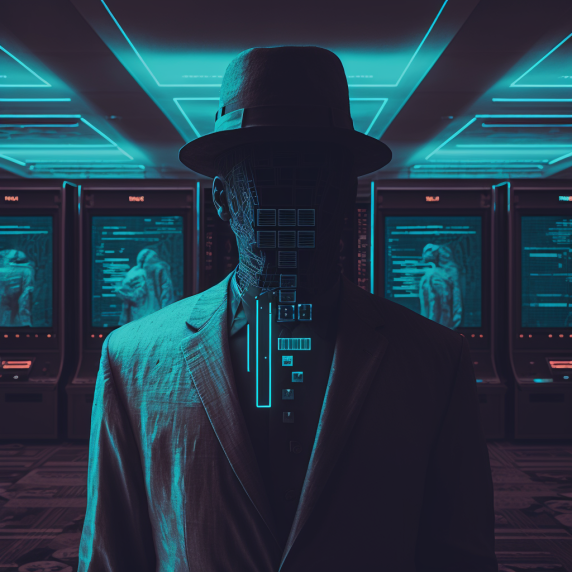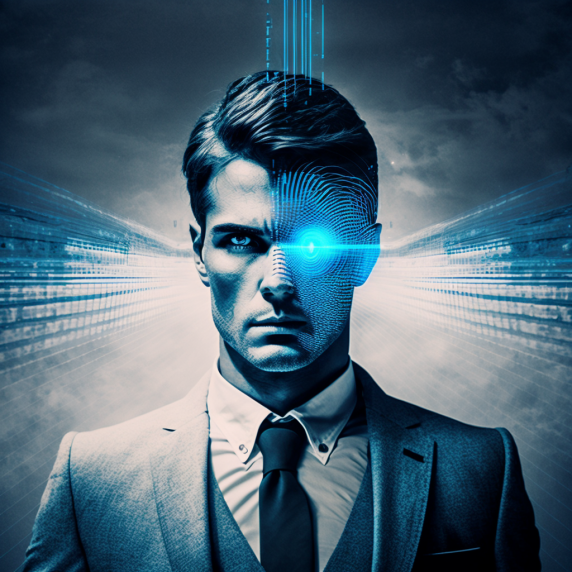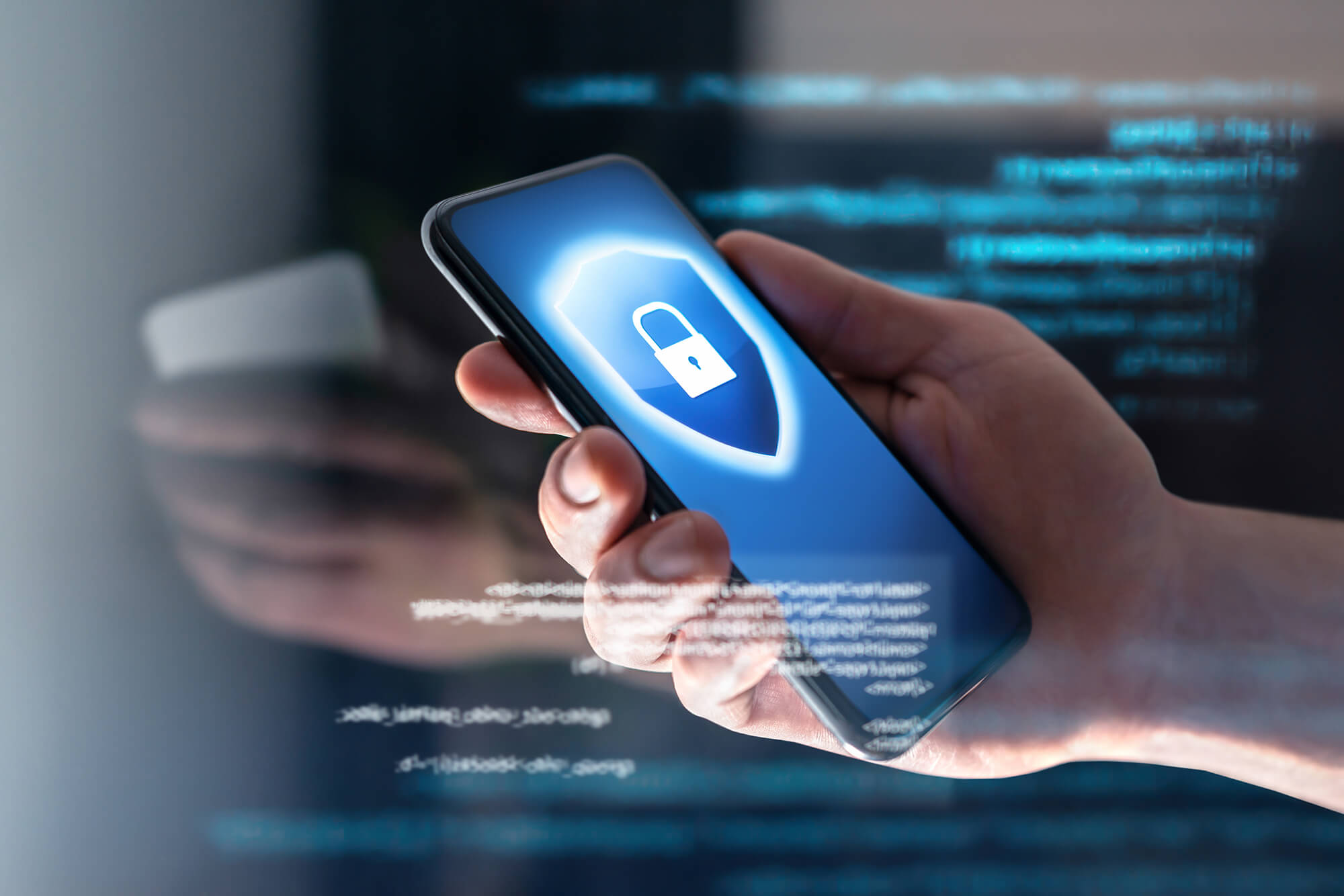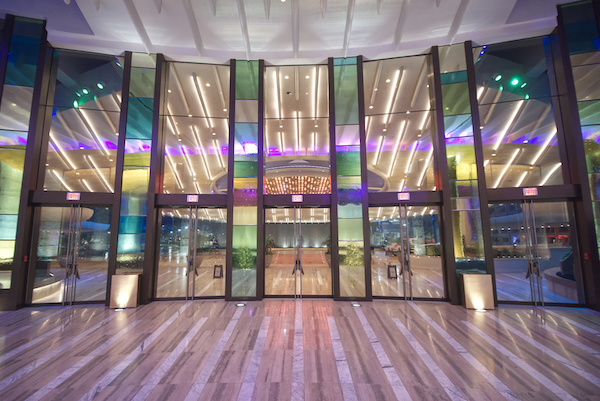

Facial recognition has been floating around your favorite TV police dramas for 20 years, but other applications for the technology still have people scratching their heads, leading to a swath of misconceptions.
The truth is that facial recognition has untold potential for the casino industry in particular, so we want to lay your concerns to rest. Read on as we debunk some of the biggest myths surrounding facial recognition.
Myth: All facial recognition platforms are the same.
“If you’ve seen one, you’ve seen them all” definitely doesn’t ring true for face recognition. Various platforms are built with certain use cases in mind, plus the team behind the technology is as important as the platform itself. Facial recognition takes a special team to ensure success, advising you on the right ways to optimize face enrollment and matching.
Facial Data That Does More
eConnect goes the extra mile by providing tools and automation to make using the platform simple for security teams. One of our biggest differentiators is our ability to correlate faces to data, a “secret sauce” that helps our customers track IDs against casino activity. ID scanning is important because it closes the gap between the casino floor and surveillance, bringing data to the surveillance room to associate contact details with faces.
eConnect’s Record of Success
With growing acceptance of facial recognition, various providers are entering the market seemingly every day. However, with age comes wisdom. Compared to these budding competitors, eConnect has a 13-year track record and remains profitable.
We also deliver extras that others can’t touch. For one, eConnect University is available to every customer, and it trains casinos on facial recognition best practices and how to use the platform effectively. Our technology is also the most adaptable, with dozens of deep integrations into video platforms, data platforms, and casino systems that competitors can’t match. Have questions? The cherry on top is our 24/7/365 support, known for its quick service and same-day responses.
Myth: Facial recognition isn’t effective on patrons wearing masks.
The pandemic certainly threw a wrench into face recognition, but it didn’t necessarily derail it. While there are limitations, casino facial recognition technology can still be effective at identifying obscured faces.
Conditions Matter
Let’s say someone is wearing a mask, sunglasses, and a hat. These pieces leave very little for the system to discern, making it much more difficult to identify someone. By contrast, if the same person is only wearing a mask, you have more data. When they look into a kiosk, you can identify them as long as they have a good enrollment photo. That’s because facial recognition algorithms can recognize more details in the upper hemisphere of the face, from the eyes to the bridge of the nose.
Myth: Facial recognition isn’t effective across races.
On the whole, facial recognition is highly accurate. Last year, eConnect looked at accuracy across racial demographics, doing a deep dive into a National Institute of Standards and Technology (NIST) study on the topic. NIST points to overarching success and key blind spots but notes one thing: It’s the algorithm that matters most.
Facial Recognition Algorithms Improve over Time
When a system is deployed in a certain area or a certain country, it learns. This means that as diverse patrons come through your venue, the technology learns more about different ethnicities and improves. As it receives data on white, Black, Asian, and other groups, the system continues to become more powerful.
Myth: Facial recognition isn’t regulated.
One thing that’s unique about facial recognition is that there are safeguards in place, but it’s a work in progress. Face recognition doesn’t yet follow universal standards, instead leaving matters to local law.
Federal Laws vs. Local Laws
As it stands, there’s no specific federal law in the United States that prohibits the use of facial recognition technology. Instead, some local jurisdictions have passed laws or regulations that limit the use of facial recognition technology by government agencies and/or private businesses. For instance, several cities—including San Francisco and Oakland, California—have banned facial recognition technology by government agencies.
Laws vary in their specific requirements and restrictions and are subject to change over time. It’s important for your casino to be aware of the laws and regulations in your area and always remember: Federal laws supersede state and local laws.
2022 Court Cases
If you remain a little shaky about trusting facial recognition, it’s important to note that the Judicial system gives its thumbs-up. Last year, several cases involving financial institutions determined that facial recognition is lawful and necessary. Although casinos might seem worlds away, they’re actually held by the same standards and regulations as financial institutions—as dictated by the Federal Crimes Enforcement Network and Bank Secrecy Act—because of the volume of cash and transactions they handle. As a result, venues such as yours are allowed to use facial recognition in order to better know their customers, prevent money laundering, and limit crime.
Myth: Facial recognition data poses a threat to privacy.
Technology is always susceptible to hacking and data breaches, but what matters is to what degree. Facial recognition data is more secure because every face is unique.
A Faceprint Is 100 Percent Unique
A person’s facial data, or “faceprint,” isn’t something hackers can easily decode, and it doesn’t raise the same privacy concerns as fingerprints. Security measures such as “liveness detection” can be implemented to ensure that facial data is from a live human subject rather than from a photograph or false representation. This added security from facial recognition technology provides additional peace of mind.
Leave the myths behind and implement casino facial recognition the right way.
Society has a long history of buying into myths. After all, when electricity was introduced in the late 1800s, people were concerned. Some feared electricity would lead to health problems and accidents, while others worried that easily lighting and powering homes and businesses would decrease the overall quality of life.
Similarly, people tend to form opinions about facial recognition technology without understanding its capabilities and limitations. That’s why it’s important to do thorough research, learning how platforms differ and understanding how the technology works to make informed decisions about it. It's also important to use trusted, licensed industry vendors based in the United States to ensure compliance and to have access to support and resources.
Throughout your facial recognition implementation journey, define specific goals or objectives for using facial recognition technology; doing so will ensure it’s implemented effectively. It’s important to use facial recognition responsibly, respecting your patrons’ privacy and comfort as well as safeguarding your own reputation.
Take this responsibility to heart by working with a trusted vendor like eConnect. See how eConnect is different, combining best practices and industry expertise to ensure that your organization is using facial recognition technology effectively and responsibly.
Don’t miss out on the benefits of facial recognition technology. Explore our Facial Recognition fundamentals webinar to learn how our platform can be tailored to your needs, and get in touch to schedule a demo. Our team can’t wait to work with you to understand your requirements and provide information to make the best decision for your needs.
Written by








